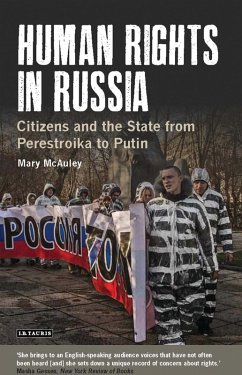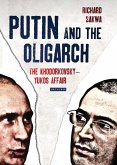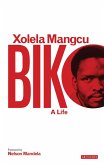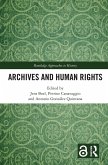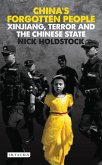Today Russia and human rights are both high on the international agenda. Since Putin returned to the presidency in 2012, domestic developments (from Pussy Riot to the release of Khodorkovsky) and Russia's global role (especially in relation to Ukraine) have captured world-wide attention. It is therefore an appropriate moment to see how human rights activism functions inside Russia. Since 1991, when the Russian Federation became an independent state, hundreds of organisations have sprung up across the country, championing different causes, with varying strategies, and successes. The response of the authorities has varied from being supportive, or indifferent, to openly hostile. Public support has been lukewarm. Mary McAuley here analyses the development of human rights activism in Russia - from the emergence of the new organisations in 1991 to the recent political attacks on the community, and its response.
While the book focuses on the new 'human rights community' in post-Soviet Russia, it also illuminates larger issues of politics and society in a post-communist state, and a changing global environment. Both past and present play their part - the legacy of seventy years' of Soviet rule, and of a more distant Russian past, the size and multi-ethnic composition of this huge country, the impact of moving to a market economy, attempts to introduce democracy, the significance of western aid and expertise, as well as Russia's place in the international sphere.
Based on archival research and practical experience working in the Russian human rights community, Mary McAuley provides a clear and comprehensive analysis of the progress made by human rights organisations in Russia - and the challenges which will confront them in the future.
While the book focuses on the new 'human rights community' in post-Soviet Russia, it also illuminates larger issues of politics and society in a post-communist state, and a changing global environment. Both past and present play their part - the legacy of seventy years' of Soviet rule, and of a more distant Russian past, the size and multi-ethnic composition of this huge country, the impact of moving to a market economy, attempts to introduce democracy, the significance of western aid and expertise, as well as Russia's place in the international sphere.
Based on archival research and practical experience working in the Russian human rights community, Mary McAuley provides a clear and comprehensive analysis of the progress made by human rights organisations in Russia - and the challenges which will confront them in the future.

